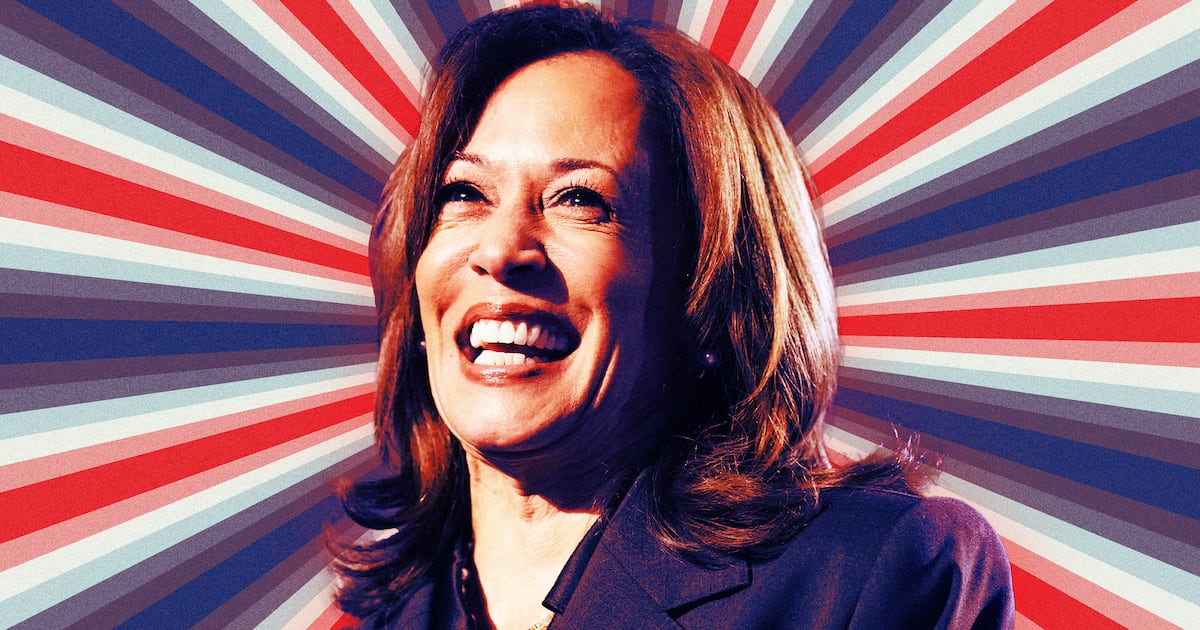
Max Baucus unveiled his health care bill on Tuesday—without its heralded GOP backers. Michelle Goldberg on how the once-unstoppable Senate Finance Committee Chair became persona non grata on the left, too.
The Democratic Party is famously disunited, but one would think they could stand together in opposition to Congressman Joe Wilson’s boorish eruption at President Obama’s health-care speech. After all, the South Carolina Republican wasn’t just violating long-standing norms of political protocol when he screamed, “You lie” at the president. Wilson was also himself lying, since there was nothing remotely untrue in Obama’s insistence that the Democrats’ health-care plans exclude illegal immigrants.
If a Democrat had so insulted a Republican president, he or she would doubtlessly be forced to apologize on the House floor. Instead, Montana Democratic Senator Max Baucus, chair of the Senate Finance Committee, has acted as if Wilson had a point. This week Baucus said that, in order to address Republican concerns, his committee’s bill would tighten restrictions on illegal immigrants’ access to insurance, thus legitimating and even rewarding Wilson’s outburst.
ADVERTISEMENT
Given the scope of health-care reform, this is a small matter. It’s symbolic, though, of what makes Max Baucus such an obtuse and maddening figure. Though ever ready to marginalize more progressive members of his own party, he is exquisitely sensitive to the demands of Republicans. A Washington Post headline from Monday about his committee’s effects at health-care reform summed up his whole counterproductive approach: “Reform Bill Will Address GOP Fears.” As if reasonable concerns have kept the Republicans away! This is DC’s fetish for bipartisanism elevated to the level of farce.
Somehow, the most important progressive legislation in a generation has ended up in the hands of a conservative, unimaginative man whose coffers are stuffed with health-care industry dollars, and who represents a state with less than half the population of Brooklyn.
For weeks now, Baucus has been working on a compromise health-care bill with his so-called Gang of Six—a group of senators, half Democrat and half Republican, who range across the ideological spectrum from slightly to very conservative. This has resulted in numerous Democratic concessions—particularly on the public option and on the amount of subsidies to help people buy insurance—with absolutely no Republican reciprocation. No doubt, the bill that eventually comes out of Baucus’s committee will be better than nothing at all. But his role as health-reform kingmaker has done nothing but slow the process down and ensure that when a law finally passes, it will be weaker and less effective than it could have been.
Somehow, the most important progressive legislation in a generation has ended up in the hands of a conservative, unimaginative man whose coffers are stuffed with health care industry dollars, and who represents a state with less than half the population of Brooklyn. Indeed, Baucus exemplifies much of what’s wrong with the Senate—both its fealty to corporate donors and the inordinate amount of power it accords to people from small, conservative-leaning states.
The combined populations of Montana, Wyoming, Nevada, North and South Dakota, Colorado, Nebraska, Kansas, Oklahoma, Arizona and Alaska are about equal to those of New York and Massachusetts. The former states have 22 senators; the latter, at the moment, have three. That creates a tremendously high bar for progressive legislation, even if that legislation is supported by a majority of Americans. Worse, campaign funding compounds the rightward tendencies of small-state senators. As Nate Silver pointed out last month, senators from small states, having a smaller fundraising base among their constituents, are more reliant on donations from corporate political action committees. “Senators from the ten smallest states have received, on average, 28.4 percent of their campaign funds from corporate PACs, versus 13.7 for those in the ten largest,” wrote Silver, who concluded that small state senators have even more incentive than their colleagues to “placate special interests.”
Baucus is a case in point. Only twelve senators, most of them Republicans, receive a greater share of their fundraising from PACs. Among his biggest donors are the health insurance and pharmaceutical industries—according to the Center for Responsive Politics, in the last five years he’s raised more than half a million dollars from each.
But the problem with Baucus goes beyond his thralldom to special interests. It seems, after all, that he really does want to get something done. He’s 67 years old and was recently overwhelmingly reelected to another six-year term; health-care reform is his chance to leave his mark, to do something historic. His vision of what that looks like, though, is hostage to an obsolete Senate mythology of bipartisanship. For Baucus, success means compromise, but Republicans aren’t interested in meeting Democrats halfway, or anywhere at all. His Gang of Six was doomed from the start: Olympia Snowe may ultimately vote for reform, but the other two Republicans, Charles Grassley and Michael Enzi, just hung around long enough to get the Democrats to negotiate away as much as possible. It would be nice to think that Baucus knew that it was going to end this wa—how could he not?—but all his behavior suggests otherwise.
In some ways, Democrats are lucky to have a problem like Baucus. The reason Republicans don’t have to deal with preening moderates is because, save the two senators from Maine, they don’t have any. Ideological purity is a lot easier for minority parties. Still, there’s a difference between embracing good-faith debate and being weak and appeasing. Hopefully, the Democratic Party’s leadership has begun to learn the difference. After all, Baucus is now angling to take the lead on cap and trade, an issue likely to provoke even fiercer conservative opposition than health care. If, once again, bipartisanship becomes an end in itself, the Democrats will have lost the fight before it begins.
Michelle Goldberg is the author of The Means of Reproduction: Sex, Power and the Future of the World and Kingdom Coming: The Rise of Christian Nationalism. She is a senior correspondent for The American Prospect, and her work has appeared in The New Republic, The Nation, the Los Angeles Times, Glamour, and many other publications.





